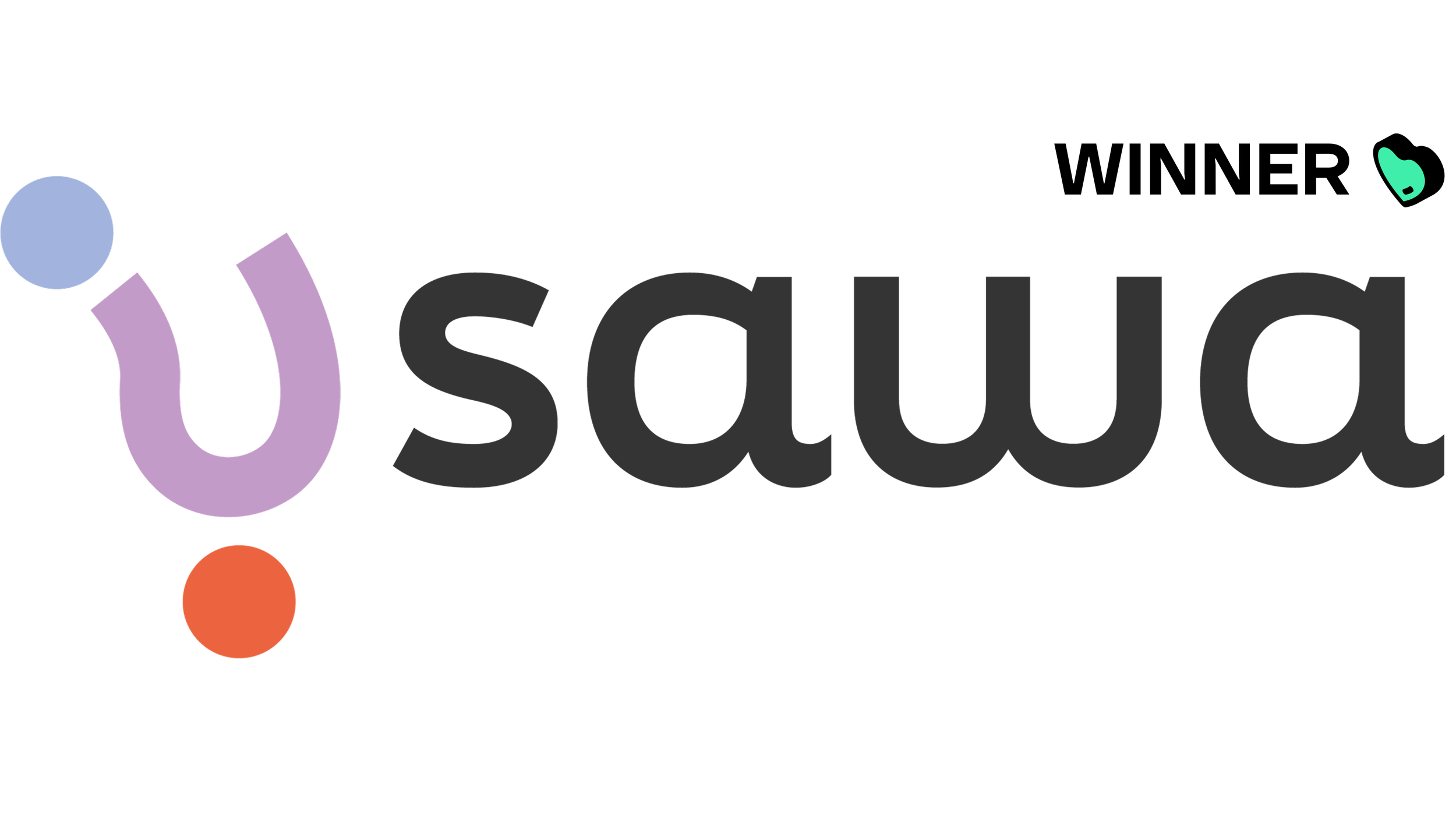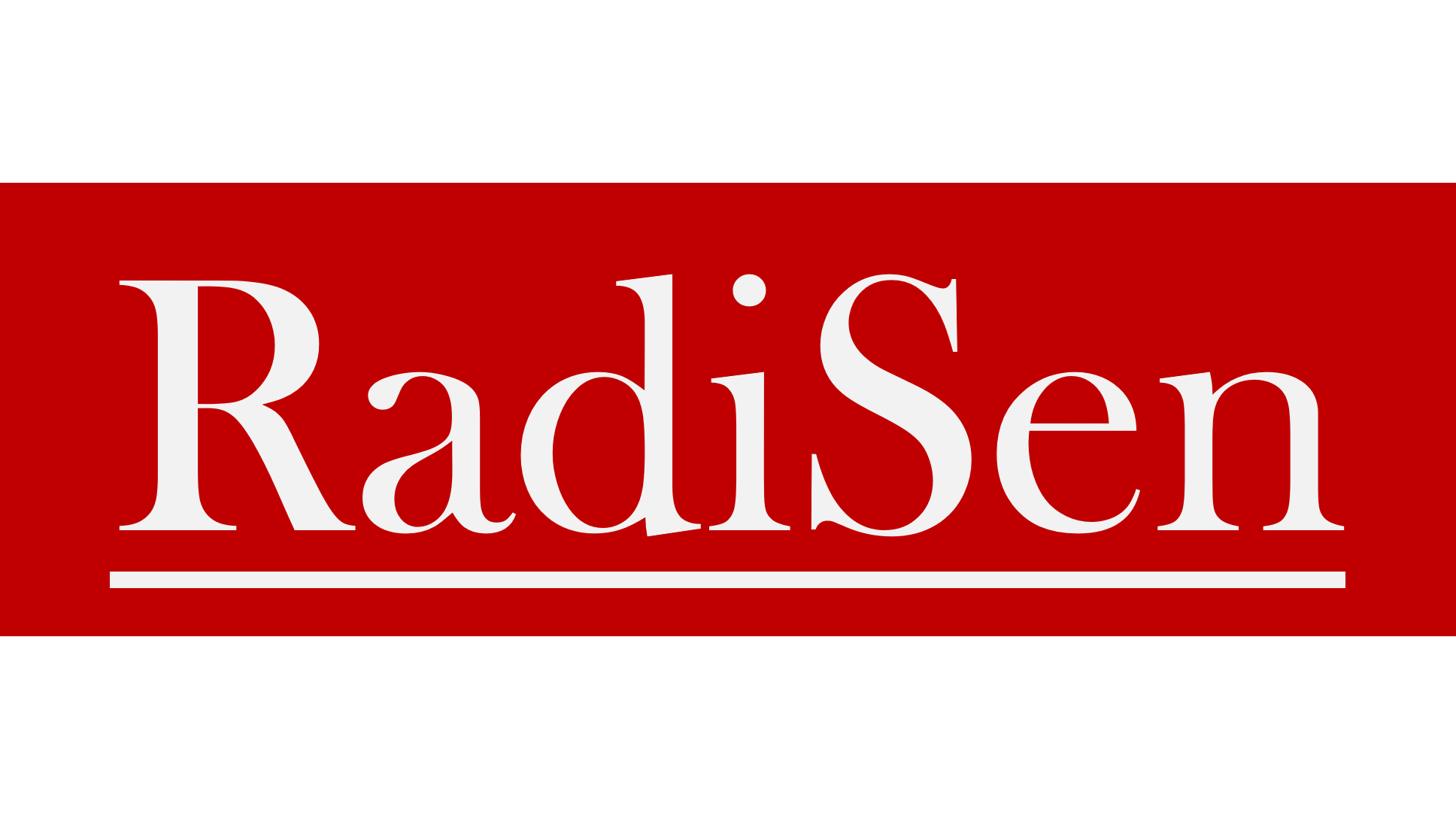Social Impact Challenge
The Social Innovation Prize from the Lisbon City Council, organized by the Unicorn Factory Lisboa and supported by the European Innovation Council, aims to discover and support innovative and impactful solutions that can be applied to the city of Lisbon.
APPLICATIONS CLOSED
€360,000 in Prize
€120,000 per Category
Social innovation for the well-being of our community.
Social innovation for the well-being of our community.
Social innovation for the well-being of our community. Social innovation for the well-being of our community.
Get to know the finalists
Quality of Education
Solutions focused on improving the lives of students and innovating in Primary, Secondary, and University education. We are looking for:
Primary and Secondary Education
Increasing learning capacity, especially in mathematics and sciences
Reinforcing technological skills
Promoting creative and critical thinking
Testing alternative learning methods
Increasing students' access to university education
Strengthening the city's capacity to attract teachers.
Universities
Reducing the cost of living for university students
Facilitating access to housing
Improving access to financial support
-
Low Qualifications
In 2021, over 30% of the population in the Lisbon Metropolitan Area lacked a high school diploma, significantly higher than other European capitals like Paris (12%), London (15%), or Madrid (25%). This educational disparity contributes to socio-economic challenges, limiting opportunities for higher education and perpetuating cycles of poverty.
Shortage of Teachers
Moreover, Portugal's education system faces a shortage of teachers and outdated teaching methods. Between 2012 and 2022, the country struggled to attract talent to the education sector, resulting in students lacking teachers for at least one course. Additionally, the aging teacher population and limited young professionals exacerbate the problem.
Decreased Performance
This educational crisis is underscored by Portugal's declining performance in global education rankings, such as the PISA ranking, with poor results in mathematics, life sciences, and literature. Urgent investment in alternative education models is imperative to address this persistent challenge and provide youth with the necessary tools to break free from poverty.
Access to Healthcare
Solutions to increase the quality of life and support patients in need of medical care. We are looking for:
Increasing the reach of preventive healthcare, including the use of wearables for medical purposes
Strengthening the management of chronic diseases, promoting medication adherence, and monitoring patients
Increasing the city's capacity to attract healthcare professionals. Increasing access to family doctors
Reducing or eradicating waiting lists
Promoting healthy lifestyles
Increasing access to specialized care, such as dental, ophthalmological, mental health, and basic maternal and child care services.
-
Access to Healthcare
The correlation between quality of life, poverty, and healthcare underscores the importance of providing vulnerable populations with access to effective healthcare services. Portugal faces significant challenges in healthcare, with high rates of chronic diseases like diabetes and widespread reports of poor health among the population.
Cost-related barriers prevent many low-income individuals from accessing essential healthcare services, exacerbating health disparities. Obesity rates are above the EU average, and physical inactivity is prevalent, contributing to poor health outcomes. Depression rates are high, particularly among women and low-income individuals.
Shortage of Some Health Professionals
Attracting young healthcare professionals is a major challenge, with Portugal experiencing a shortage of nurses, especially in the Lisbon capital. Additionally, a significant portion of Lisbon's population lacks access to a family doctor, further hindering healthcare accessibility.
Integration of Migrants
Solutions to promote social integration and improve the quality of life of migrants. We are looking for:
Improving the exchange of information between public institutions, NGOs, and the private sector
Facilitating navigation through bureaucratic procedures
Increasing housing solutions
Improving access to data and tools for monitoring the situation on the ground
Supporting job search efforts
Combating racism and discrimination
-
Barriers upon Arrival
Immigration plays a vital role in Lisbon's economy and cultural diversity, with foreign residents now comprising a significant portion of the population. However, many immigrants encounter significant challenges upon arrival, including language barriers, housing insecurity, bureaucratic hurdles, and job scarcity.
Increase in Homelessness
In Lisbon, homelessness among immigrants has risen in recent times, prompting the municipality to invest in a new action plan to address the issue.
High Levels of Bureaucracy
Nationally, there are also currently thousands of pending applications at the Agency for Integration, Migration, and Asylum (AIMA), with many immigrants facing complex bureaucratic processes.
Timeline
Applications: June to September 15, 2024
Evaluation & Selection for Finalists per Category: September 16 to 30, 2024
Finalists Announcement: October 21, 2024
Proof-of-concept Implementation: October, 2024 to April, 2025
Evaluation & Winner Selection: April to May, 2025
Winner Announcement and Implementation: June, 2025















